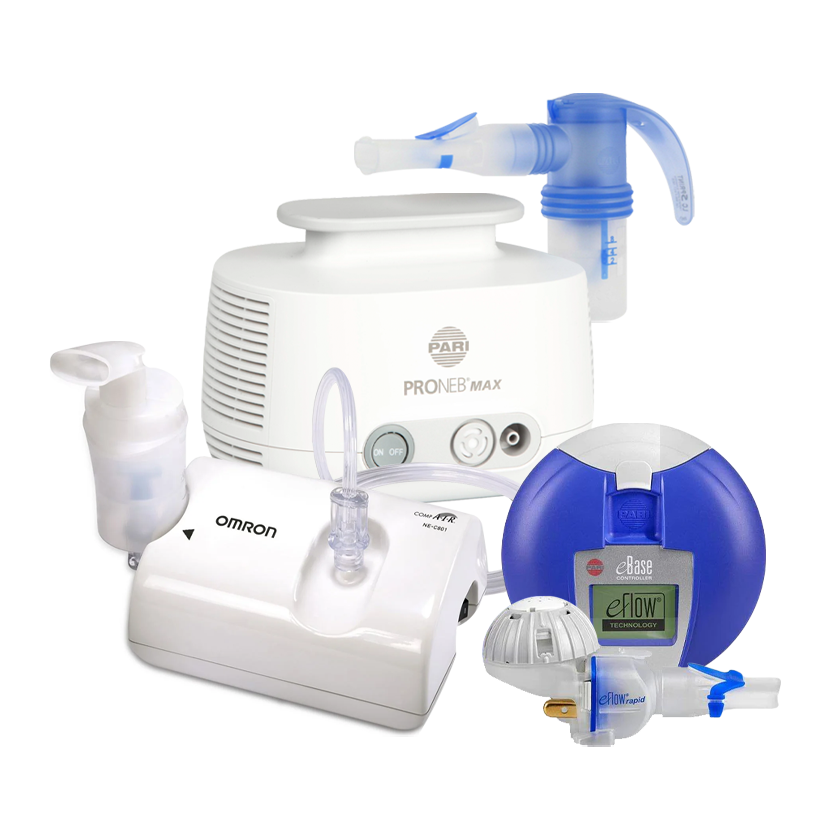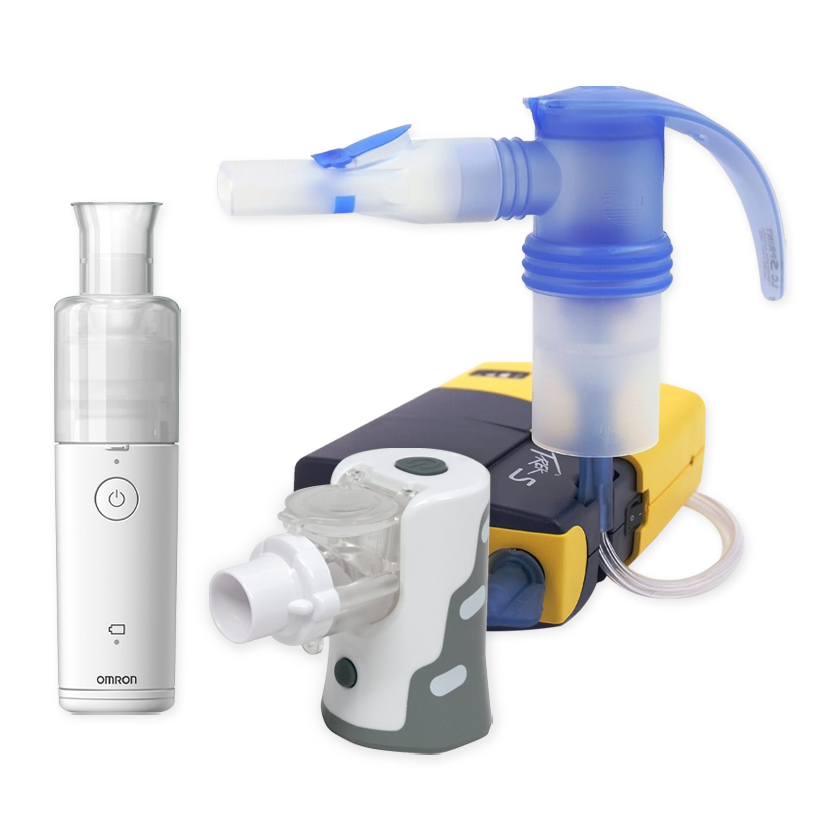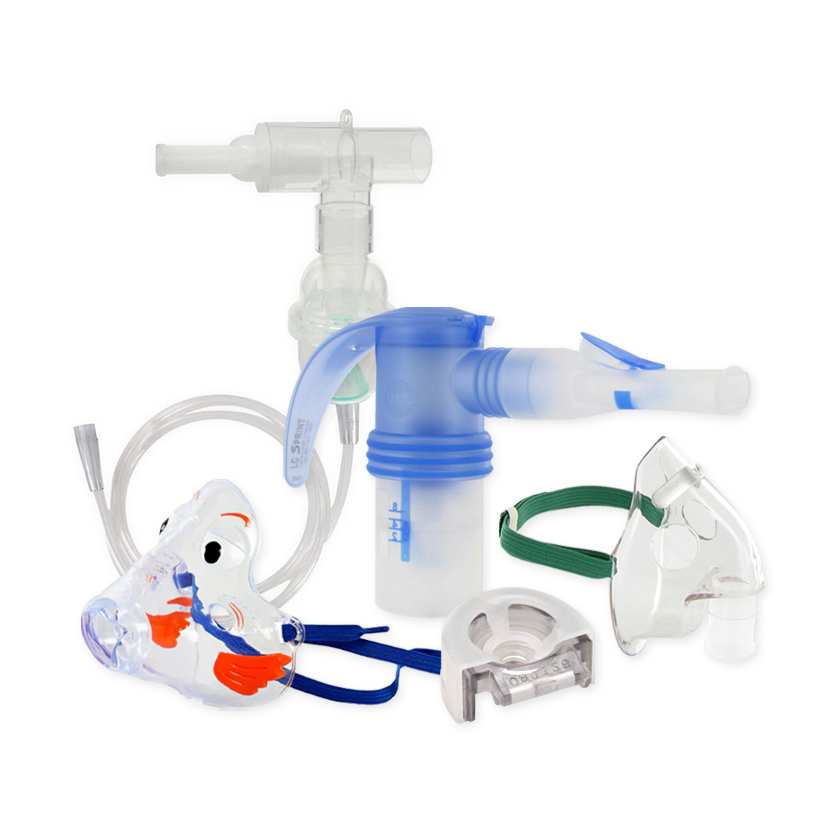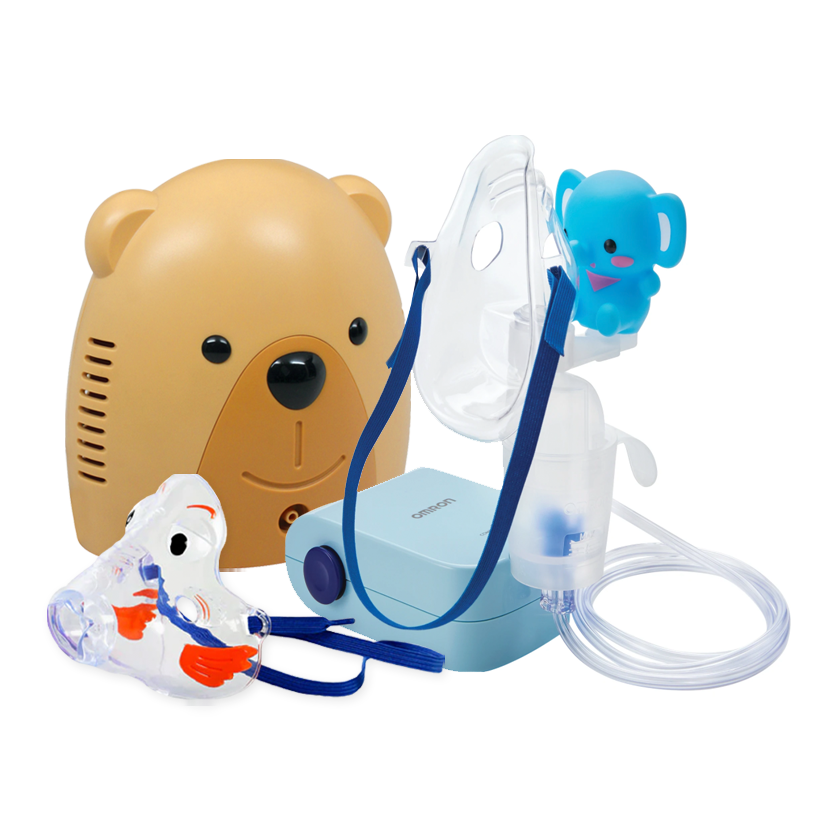Your Cart is Empty
Free Shipping on all orders over $75!
Menu

Free Shipping on all orders over $75!
Nebulizer Systems
Travel Nebulizers
Nebulizer Accessories
Just For Kids
Oxygen Supplies
Why has my nebulizer slowed down?
November 03, 2009 2 min read
Your nebulizer can slow down for a variety of reasons. Before you scrap the entire nebulizer or give in to the idea that you will have to take 20 minute treatments or longer, check these essential components to ensure your nebulizer is producing as efficient of a treatment as possible.
First, check your nebulizer set (the part that holds the medication). Be sure nothing appears broken and that it is cleaned properly after each use. If you have a disposable nebulizer set (such as the one the doctor provided), it needs to be replaced at least every 10 treatments. After that point, the plastic can begin to degrade and it cannot nebulize efficiently. You might want to replace it with a reusable set that will last longer.
Your nebulizer set may need to be replaced if: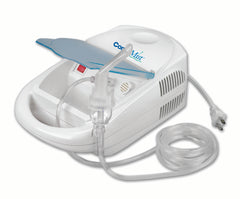
- The treatment is taking longer than it used to
- It produces more or less visible “fog” or “steam”
- You see more visible droplets of medication
- You have had your nebulizer system for more than 6 months
Be sure to follow all manufacturers' instructions in cleaning and replacing your nebulizer set. Most manufacturers recommend that reusable nebulizer sets are replaced after 6 months of use.
Another reason your nebulizer may be slowing down is because you need to replace your air filter. The air filter protects both your compressor and yourself from impurities in the air which can clog your nebulizer. NEVER run your nebulizer without the proper air filter. Using an incorrect or dirty air filter can lead to nebulizer malfunction or damage. A good rule is to replace the air filter when the manufacturer suggests, or if it appears dirty, whichever comes first. If your nebulizer system has a mesh cap, this cap will need to be replaced like a filter.
Problems with a slow nebulizer treatment can often be avoided by following these maintenance tips. Having a few spare nebulizer sets and replacement filters on hand will assure that your nebulizer will be ready when you are.
Subscribe
Sign up to get the latest on sales, new releases and more …
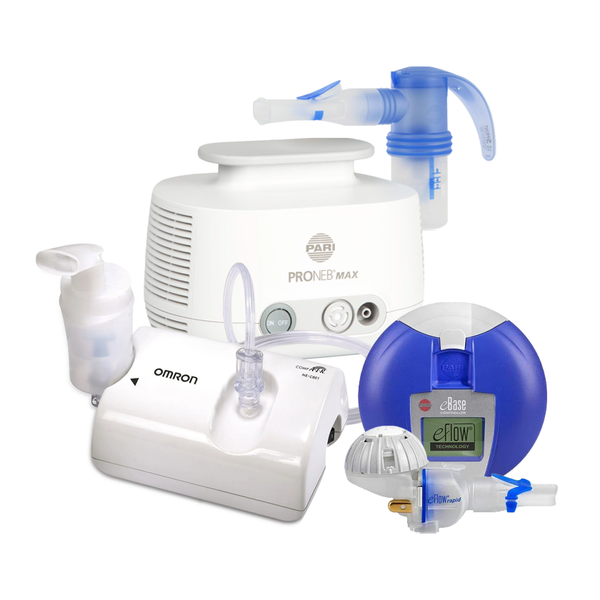
NEW CUSTOMERS SAVE $5 OFF YOUR FIRST PURCHASE OF $20 OR MORE
Code will be sent to email entered if applicable
SIGN UP FOR FUTURE SALES, NEW PRODUCTS AND ANNOUNCEMENTS
{"themeColor":"#061f77","iconColor":"#061f77","showLogo":true,"topBottomPosition":0,"rightLeftPosition":5,"iconSize":"large","iconCustomSize":64,"position":"middle-right"}
